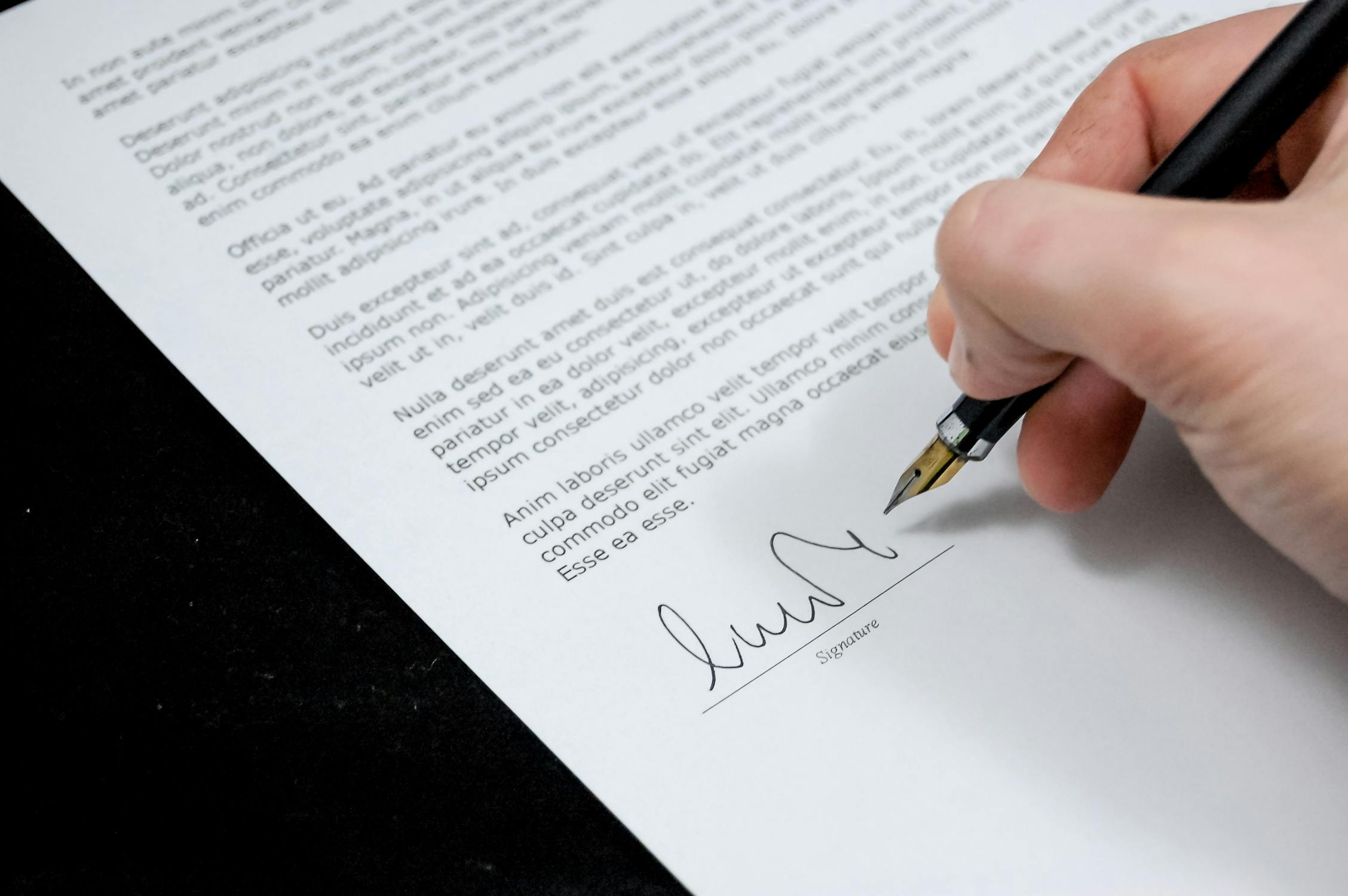How to Write a Cover Letter for Remote Job Applications
Applying for a remote job requires a specialized approach, particularly when it comes to crafting your cover letter. Unlike traditional roles, remote positions demand a unique set of skills and competencies that should be highlighted effectively. A well-written cover letter can set you apart from other candidates by showcasing not only your qualifications but also your ability to thrive in a remote work environment.

This guide will help you understand how to structure and compose a compelling cover letter specifically tailored for remote job applications.
Understanding the Role and Company
Before you start writing, research the company and the role you're applying for thoroughly. Understand the company’s culture, mission, and values, as well as the specific requirements of the job. This will enable you to tailor your cover letter to align with what they are looking for.
- Company Culture: Look at their website and social media profiles to get a sense of their work environment.
- Job Requirements: Carefully read the job description to identify the key skills and experiences required.
- Remote Work Expectations: Understand if they have any specific expectations for remote workers, such as availability during certain hours or proficiency with particular tools.
For example, if a company values strong communication skills, make sure to highlight instances where you've successfully managed projects remotely or collaborated with team members across different time zones.
Structuring Your Cover Letter
A well-structured cover letter should be clear and concise, typically consisting of three main sections: introduction, body, and conclusion.
- Introduction: Introduce yourself and explain why you are interested in the role and the company. Mention where you found the job listing.
- Body: This is where you detail your relevant experience, skills, and achievements. Make sure to address how these align with the job requirements. Use bullet points to make this section easy to read.
- : Summarize your interest in the position and express enthusiasm about the possibility of contributing to the team. Include a call-to-action encouraging them to contact you for an interview.
Highlighting Remote Work Skills
Your cover letter should emphasize skills that are particularly relevant to remote work. These can include:
- Self-Motivation: Demonstrate your ability to stay productive without direct supervision.
- Time Management: Provide examples of how you manage your time effectively to meet deadlines.
- Communication: Highlight your proficiency with communication tools like Slack, Zoom, or Microsoft Teams.
- Technical Proficiency: Mention any experience with remote work software such as project management tools (e.g., Trello, Asana).
Showcasing Relevant Experience
Your past experiences should be framed in a way that highlights their relevance to remote work. Include specific examples that demonstrate your capability in managing tasks remotely. Here’s how you can structure this section:
| Skill | Example |
|---|---|
| Project Management | "Led a cross-functional team on a successful product launch while working from home." |
| Communication | "Conducted weekly virtual meetings using Zoom, ensuring all team members were aligned." |
| Time Management | "Consistently met project deadlines by organizing my tasks using Trello." |
| Technical Proficiency | "Proficient in using collaboration tools such as Slack and Google Workspace." |
Avoiding Common Mistakes
Certain pitfalls can undermine an otherwise strong cover letter. Be mindful of the following:
- Avoid Generic Templates: Tailor each cover letter specifically to the job you're applying for. Generic letters are easily spotted by hiring managers.
- No Typos or Grammatical Errors: Proofread your letter multiple times or have someone else review it to catch any mistakes.
- No Repetition of Your Resume: Your cover letter should complement your resume by providing context and highlighting key achievements rather than repeating information verbatim.
- Avoid Overly Formal Language: Keep your tone professional yet conversational to make it more engaging for the reader.
A strong cover letter for a remote job application requires careful planning and thoughtful writing. By understanding the role and company, structuring your letter effectively, highlighting relevant skills, showcasing pertinent experiences, and avoiding common mistakes, you'll significantly improve your chances of landing an interview. Take the time to craft a personalized cover letter that stands out and showcases why you're an ideal candidate for remote work.